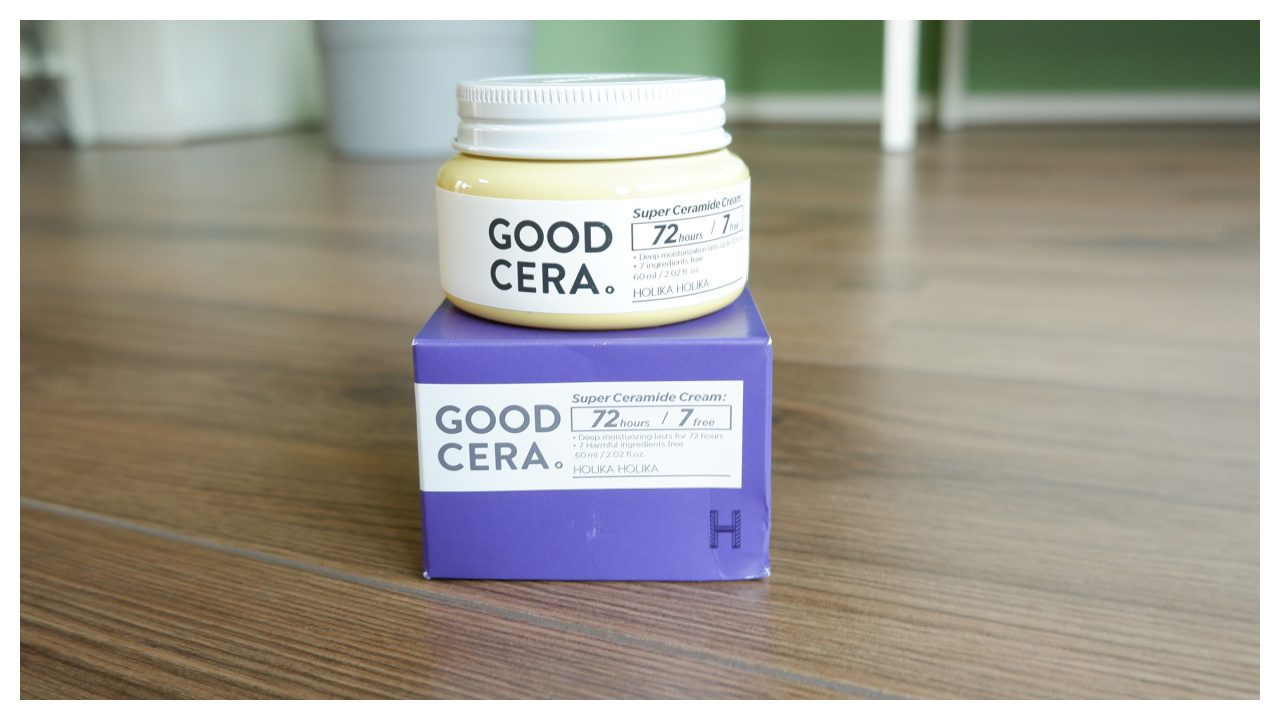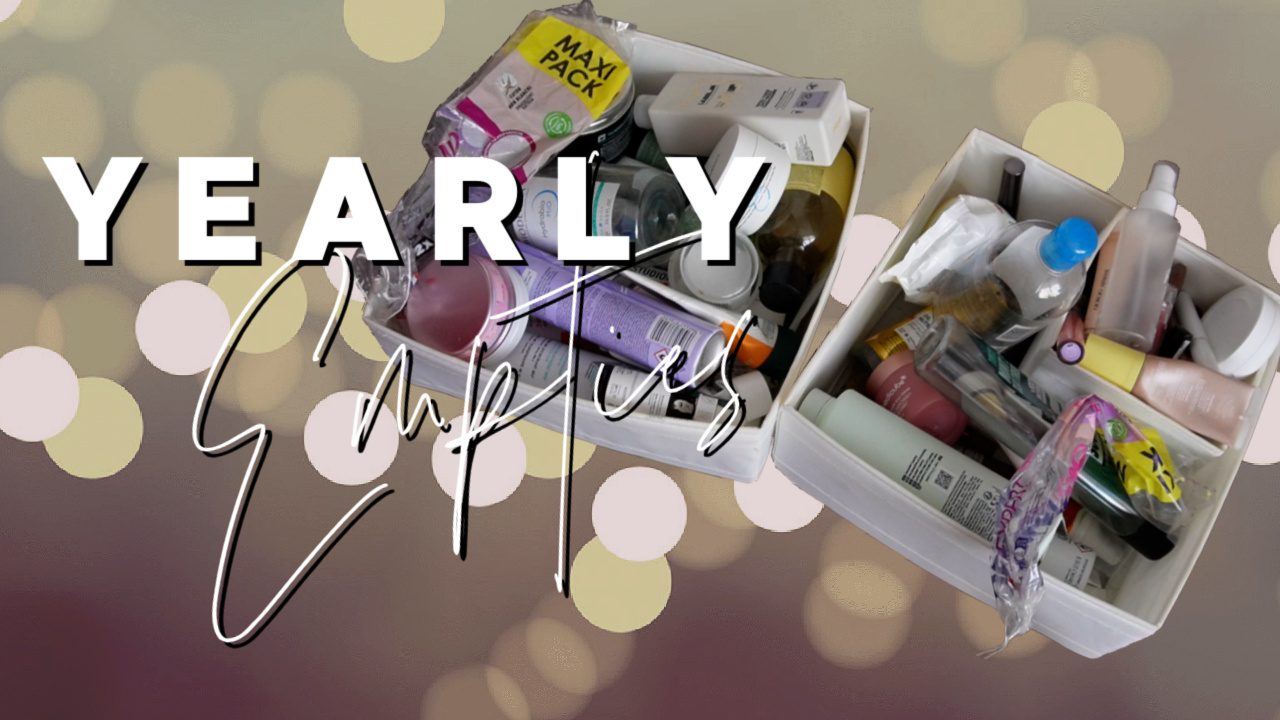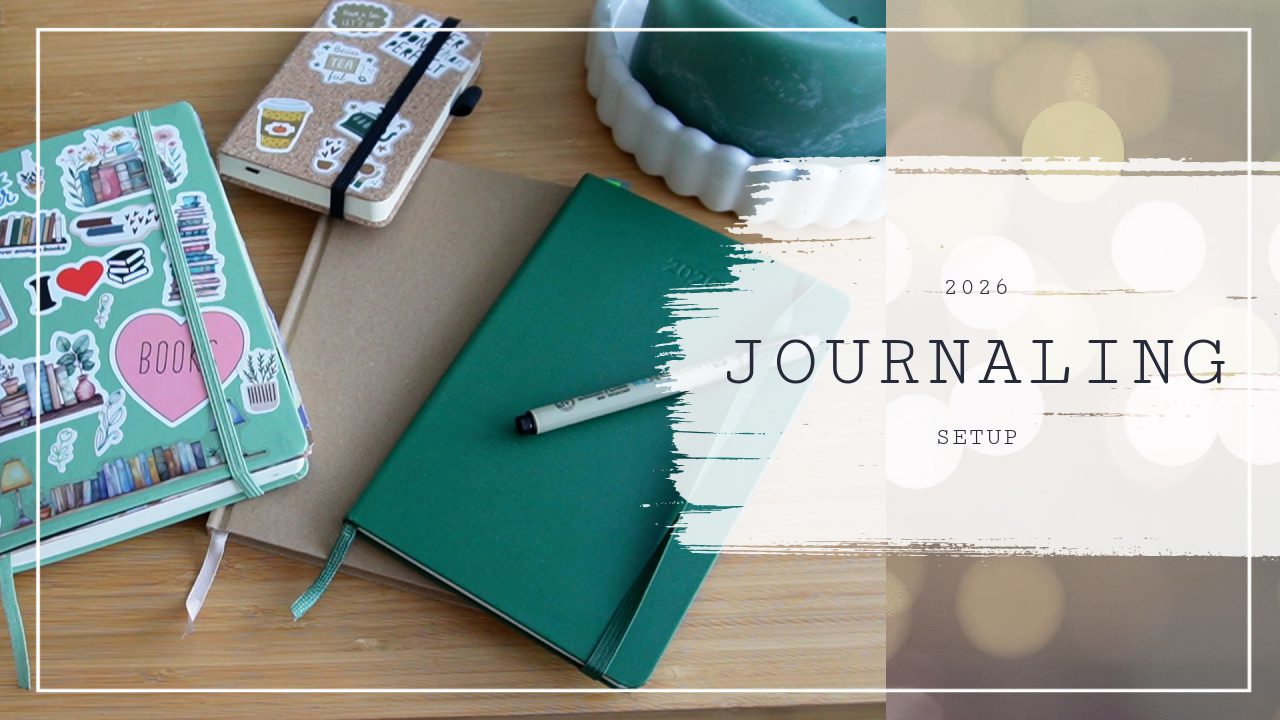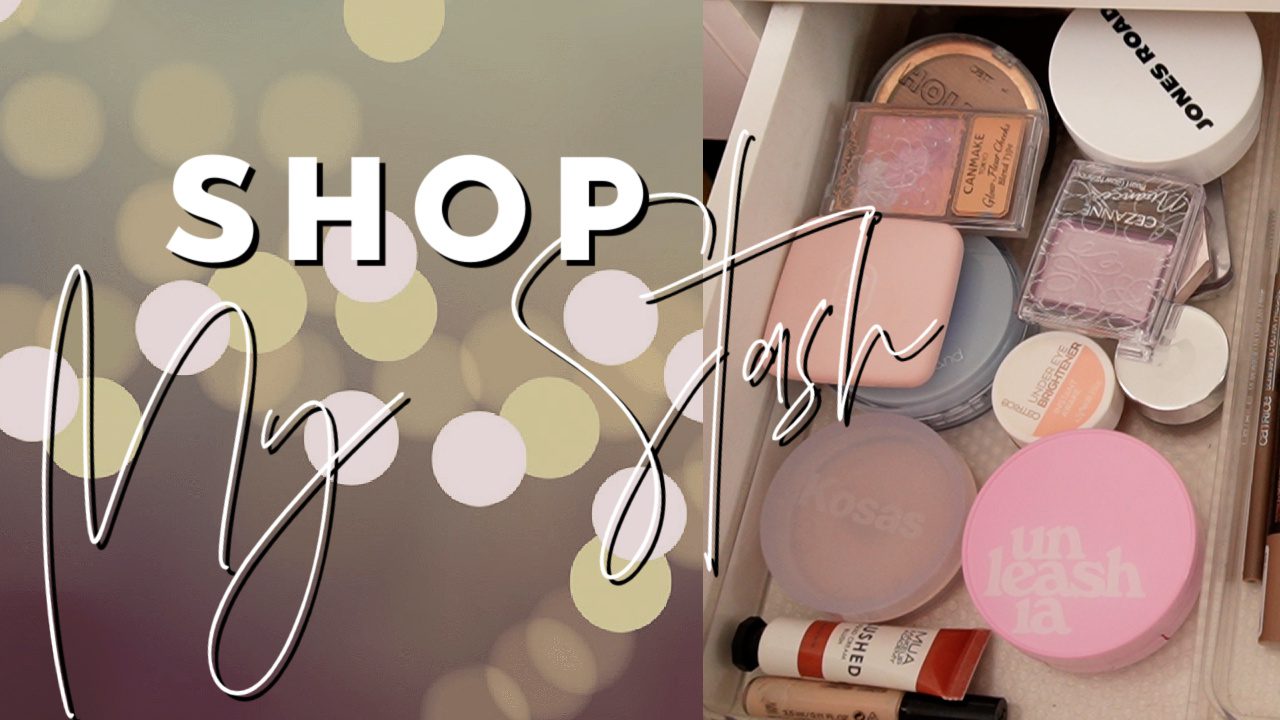If you’ve been following this blog, then you know that I like my fair share of clothes and shoes. Shoes are a special favorite as I have quite a few of them, but there was one thing I didn’t know about them yet. Apparently different types of shoes are called something different in US and UK English. Luckily I found this post by an American linguist who lives in the UK. I follow her on twitter and sometimes read her blog. She is specialized in the difference between British and American English and that is also an area I’m interested in. So this post features a bit of fashion and a bit of language.
First of all, make sure to read the post by Lynneguist. I like the shoe example she gives as it quite aptly demonstrates the problems that can arise when speaking English. Whether you are speaking to a Brit or an American and thus which dialect you speak yourself actually matters. If you are in England and you ask for a pair of pumps you will be directed to a completely different shoe than when you’re in the United States. And shoes aren’t the only clothing items with different names in American and British English.
I think the most famous example is the jumper (BrE) vs sweater (AmE) discrepancy. Another example are tights (BrE) vs (panty)hose (AmE). Or how about the word vest? This word actually exists in both BrE as well as AmE. When Americans say vest they may mean BrE waistcoat, or they could be referring to that which is also called ‘vest’ in Dutch. Brits means something completely different though. In BrE, a vest is an under garment, which Americans typically refer to as wife beaters.
Funny isn’t it? And this is just the beginning since none of these differences cause too many problems. I have yet to see the day where a British person ignorantly asks an American for a rubber… Catch my drift?*
The differences between US & UK English are therefore a hot topic again at the moment. The Economist investigated to what extend Brits living in the US had taken over so called Americanisms. They were asked to indicate which words they used most or which pronunciation they used more often. The results? Brits had taken over quite a few things, such as ‘skedule’ instead of ‘shedule’ for schedule. However sometimes they favored their native British best such as for the pronunciation of the letter Z and replying to the question ‘How are you?’.
The lovely result of two countries separated by a common language. And when I say that phrase I automatically have to think of this:
*If you don’t catch my drift: BrE rubber = AmE eraser. A rubber in AmE is a condom. 😉
Q: Were you aware of the differences between BrE and AmE?







Leave a Reply